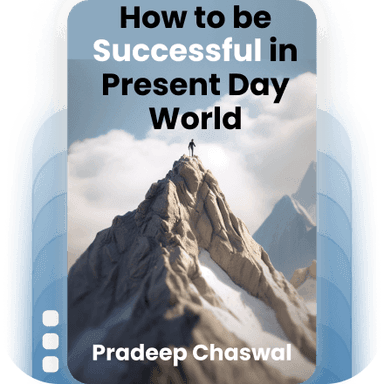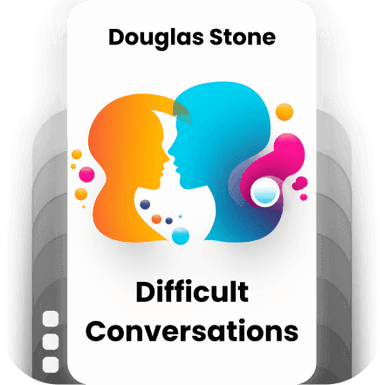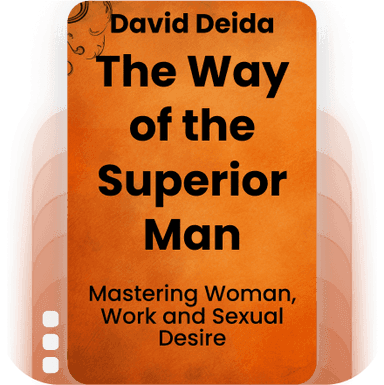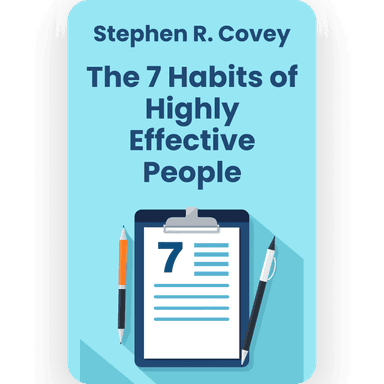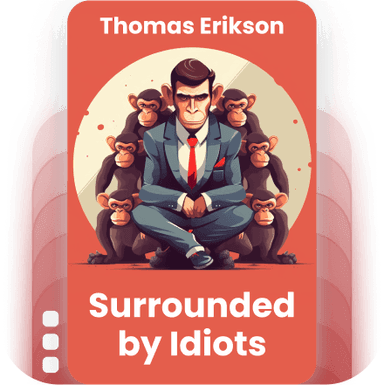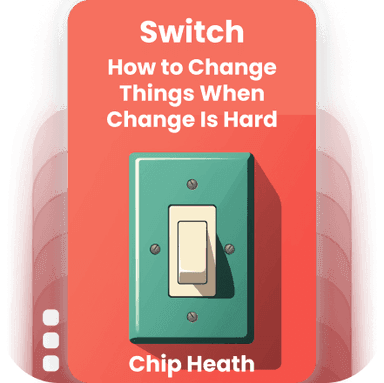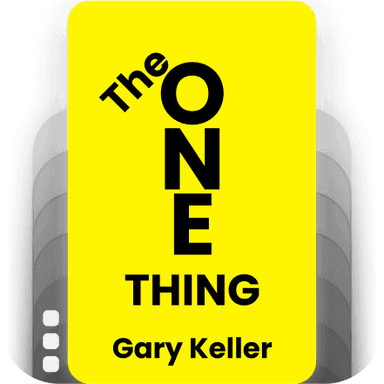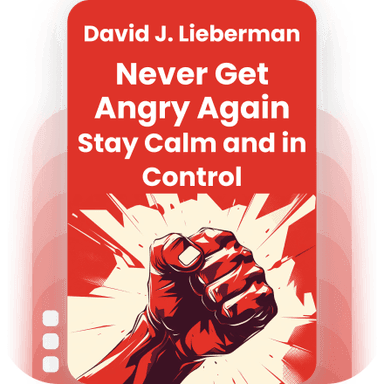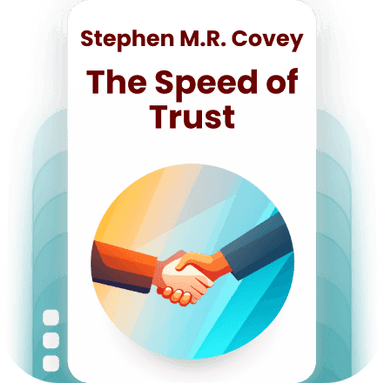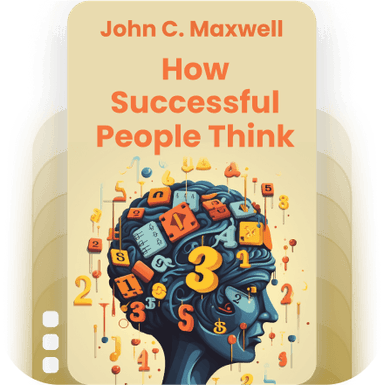
The Power Broker
Robert A. Caro
4.8 - 5 ratings
10
List Points
10
Chapters
5
Topics
Description
Robert A. Caro's profound biographical study delves into the life and career of Robert Moses, the influential urban planner who shaped much of New York City's infrastructure in the mid-20th century. It exposes how Moses amassed unprecedented power, bypassing elected officials and public opinion to implement vast construction projects, including parks, bridges, and highways. The book reveals the dark side of power, highlighting Moses' manipulative tactics, disregard for democratic processes, and the social costs of his ambitious developments, thus offering a critical examination of the complexities and consequences of unchecked authority in urban planning.
What will you learn?
By reading this book, you will gain a deep understanding of the life and career of Robert Moses, one of the most influential urban planners in American history, whose visionary projects reshaped New York City and its suburbs. You will explore the intersection of power and politics as Moses maneuvered through an intricate web of government and private interests to amass unparalleled control over urban development. The narrative reveals the profound impact of Moses' work on the city's infrastructure and the often controversial nature of his methods, delving into themes of ambition, power, and the complexities of urban planning. This book offers valuable insights into how political cunning and vision can dramatically alter the fabric of a metropolis.
Who’s it for?
• Urban planning enthusiasts
• Political history buffs
• Students of public policy
• Biographers and autobiography readers
• Civil engineering professionals
Categories
Key Learning
Available chapters to listen for this topic- 1
The Rise of Robert Moses
Explore how Robert Moses leveraged his education, connections, and early career to ascend to power, transforming himself from a reformer to a master urban planner with an unprecedented control over New York City’s infrastructure. - 2
The Making of Master Builder
Examine the pivotal early projects and strategies Moses implemented to build public works, emphasizing his approach to city planning, negotiations, and the establishment of powerful bureaucratic institutions. - 3
The Power of Authorities and Triborough Bridge
Understand how Moses utilized public authorities such as the Triborough Bridge and Tunnel Authority to gain almost autonomous control over urban development, bypassing traditional governmental oversight and funding limitations. - 4
Jones Beach and the Birth of Parkways
Analyze the creation of Jones Beach and the Long Island parkway system, highlighting Moses's vision for public recreation spaces, and his methods for acquiring land and pushing through opposition. - 5
Manipulating Media and Public Perception
Delve into Moses's use of public relations to shape public opinion, manage his image, and ensure ongoing support for his extensive and often controversial projects across the city. - 6
Robert Moses and the Urban Renewal Era
Investigate Moses’s role in the Urban Renewal Program, focusing on how he spearheaded large-scale demolitions and constructions, transforming neighborhoods, and encountering fierce resistance and criticism for his often draconian methods. - 7
The Downfall and Decline of Moses’s Power
Examine the factors that led to Moses’s eventual loss of influence, including political shifts, public backlash, and significant defeats in key projects like the Lower Manhattan Expressway. - 8
The Impact of Moses’s Projects on New York City
Assess the lasting legacy of Moses’s projects on the urban landscape, infrastructure, and communities of New York City, considering both the benefits and the deep-seated controversies. - 9
Lessons in Absolute Power
Explore the broader implications of Moses’s career for understanding power dynamics in urban development, including the principles of centralized authority, bureaucracy, and the ethical considerations in civic planning. - 10
Reflections on Influence and Corruption
Conclude with a reflective analysis on the moral and ethical questions raised by Moses’s career, debating the fine line between effective leadership and authoritarianism, and the potential for corruption inherent in prolonged power.
